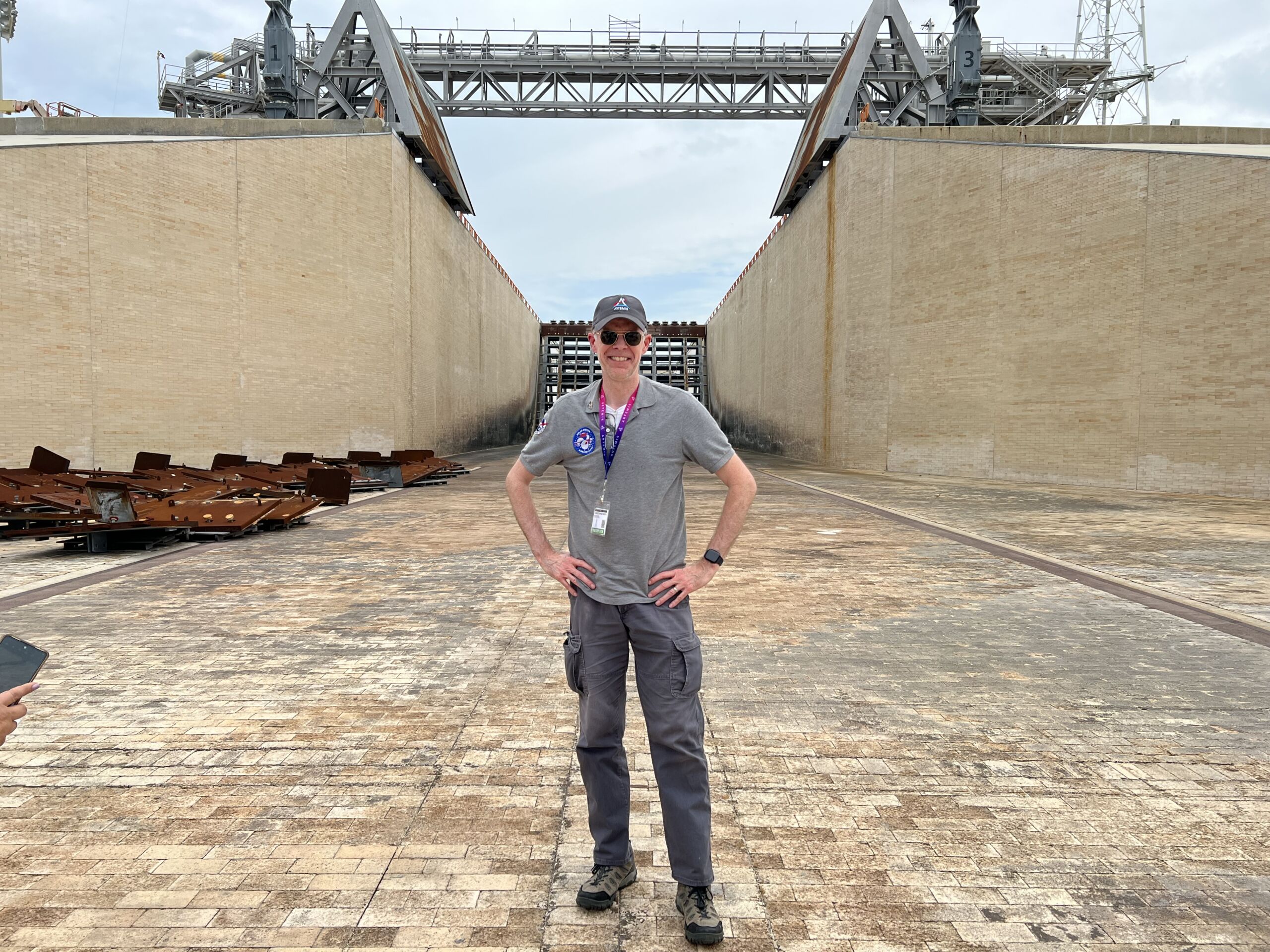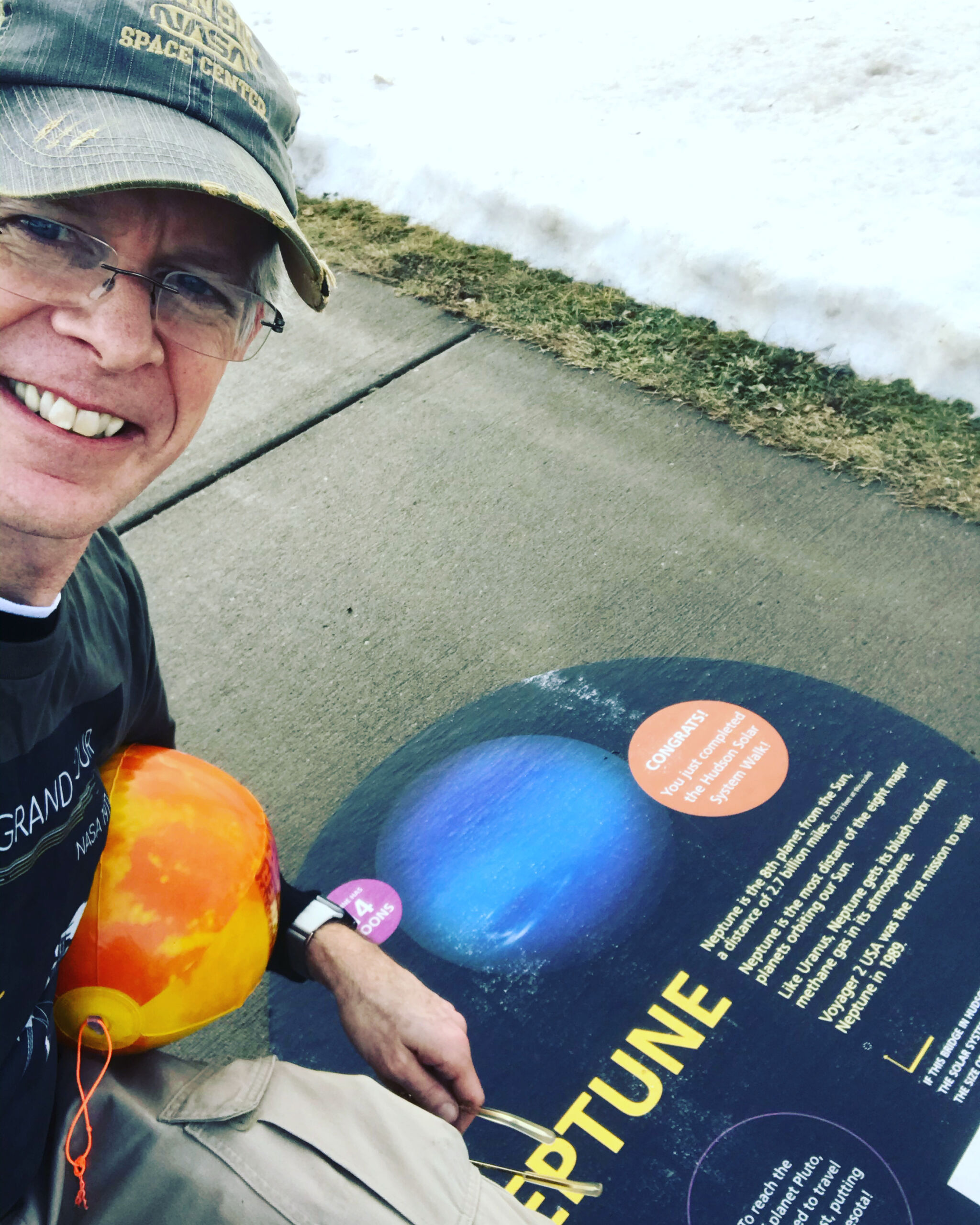By Dr. Annette Shtivelband, Founder / Principal Consultant, Research Evaluation Consulting, LLC
Think of the students you help every day. These kids have dreams for the future – some want to become teachers, doctors, firefighters or astronauts – and when they are young, the options seem limitless. However, as students age, they may not receive the support and encouragement they need to reach their dreams. In some cases, they may have little interaction with the activities that spark their passions and motivate them to pursue their interests. In other cases, their families may lack the finances for after-school activities or programs. Some kids may even think they are not smart enough to pursue science, technology, engineering or mathematics (STEM) careers, or simply give up before they start. Therefore, libraries—a safe place for lifelong learning—provide the ideal location for kids to explore their STEM interests and aspirations.
It is predicted that over coming decades there will be an increase in STEM careers and positions, despite the present direction of fewer students pursuing majors and degrees related to these fields. This means that if current trends continue, there will not be enough individuals equipped for these careers, despite more STEM positions becoming available. As such, libraries can be a resource, particularly for underrepresented students, in obtaining informal STEM education.
Research Evaluation Consulting (REC) and Datum Advisors represent the team collaborating with STAR-Net Libraries to research promising practices that promote STEM in public libraries. REC is a Colorado-based consulting firm that provides research and evaluation services to non-profit organizations, with a goal of supporting librarians as they implement informal STEM education and programming in their communities.
As a librarian, know you are not alone in this work! Collaboration is key, such as through STEM ecosystems, where schools, community organizations, after-school programs, museums and other informal educational opportunities work together to provide youth STEM-focused learning experiences. The STEM ecosystem not only engages children with STEM education and programing, but recognizes that libraries and other types of organizations can work together to enhance STEM learning opportunities for children through informal education.
Having conducted a literature review of over 200 articles, REC learned that creating meaningful relationships and building rapport with children is invaluable in guiding their search for whatever career path they pursue, whether it be STEM or another field. This can also be particularly helpful for historically underrepresented K-12 students in STEM.
Additionally, during the literature review process, 40 resources were identified for libraries that demonstrate best and promising practices for implementing STEM programming in public libraries. To review a few of these resources, please visit the links provided below:
- STEM Activity Clearinghouse – high quality activities for libraries
- Kinetic City – online science games
- Make It @ Your Library – activities/lesson plans
- NASA Imagine Mars – Mars survival kit
- Scigames – online science games
- WebJunction – The learning place for libraries
REC also suggests checking out these links for ways to implement STEM education in your libraries. There are many resources available (library STEM activities and/or lesson plans, online programs/games for students, professional development for library staff, etc.), which means that the more opportunities implemented within library systems, the more children can be reached. If libraries can assist in getting children to increase their interest in pursuing STEM educational opportunities, these efforts could someday help them gain employment within STEM fields.
Additionally, REC developed a white paper in which eight important recommendations were made on developing, implementing and improving STEM programs:
- Collaborate with STEM stakeholders
- Form partnerships with organizations that serve youth
- Target historically-underrepresented K-12 youth
- Make STEM programs accessible and equitable for all youth
- Develop strong, lasting, caring adult relationships
- Provide training opportunities to librarians
- Evaluate STEM programs and monitor and track outcomes
- Share results with stakeholders
For additional information on this topic, check out REC’s webinar entitled, ‘Promising Practices for Implementing STEM in Public Libraries,’ which describes findings from the research team. To learn more about, you can access the literature review and white paper on this topic.




[…] http://www.starnetlibraries.org/uncategorized/connecting-with-stem-in-public-libraries/ […]